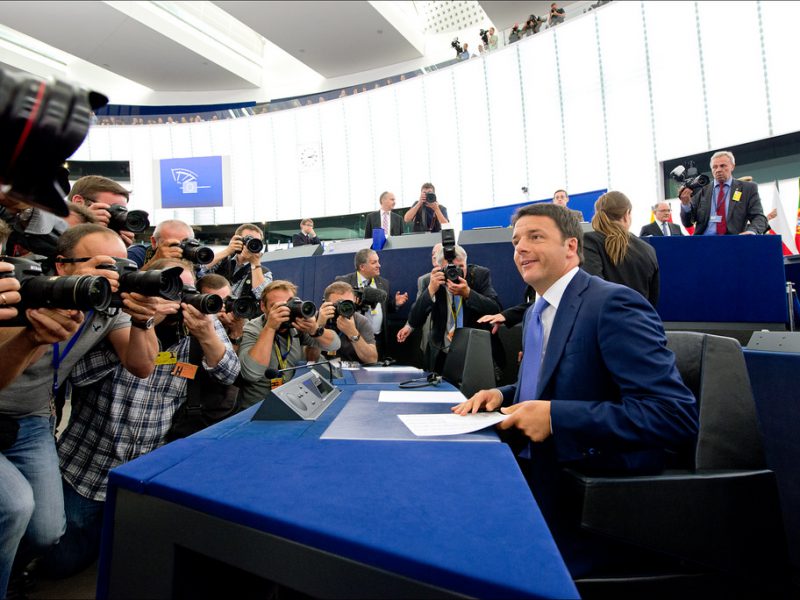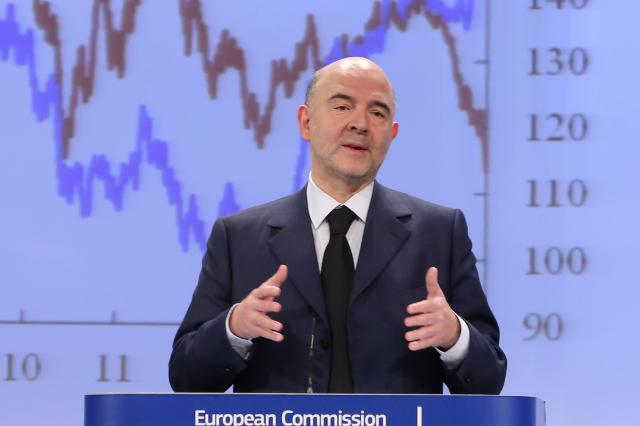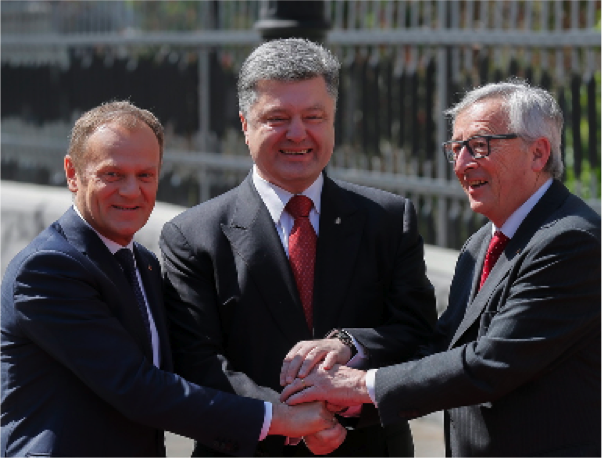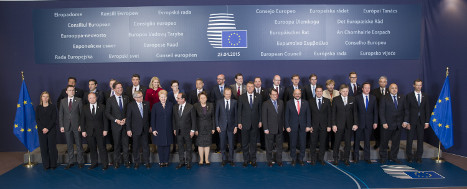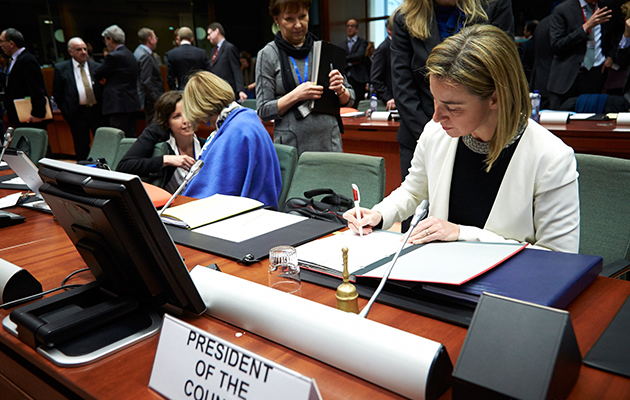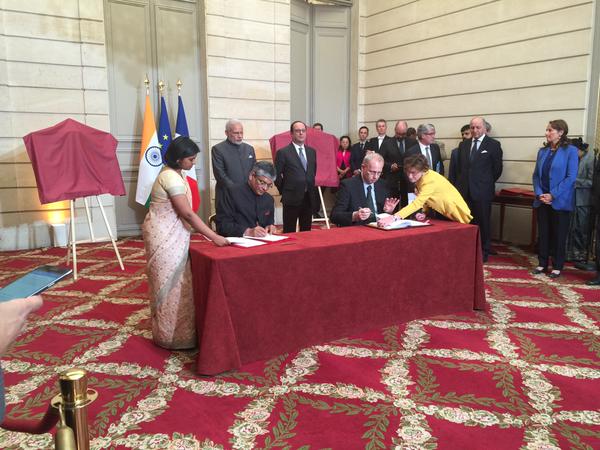Clear victory for David Cameron in UK general election
The Conservatives’ sweep to victory in the 7 May general election means that a triumphant David Cameron will be back at 10 Downing Street without much hassle and without relying on a coalition partner to form the next government. The Tories’ 331 seats give him an outright majority, the first of its kind in over two decades. The Labour Party suffered a humiliating defeat and the Liberal Democrats were crushed beyond anybody’s expectation. In response to such a dismal outcome both Ed Miliband and Nick Clegg stepped down as party leaders, followed by Nigel Farage of the UK Independence Party, another underperformer in this year’s general elections


